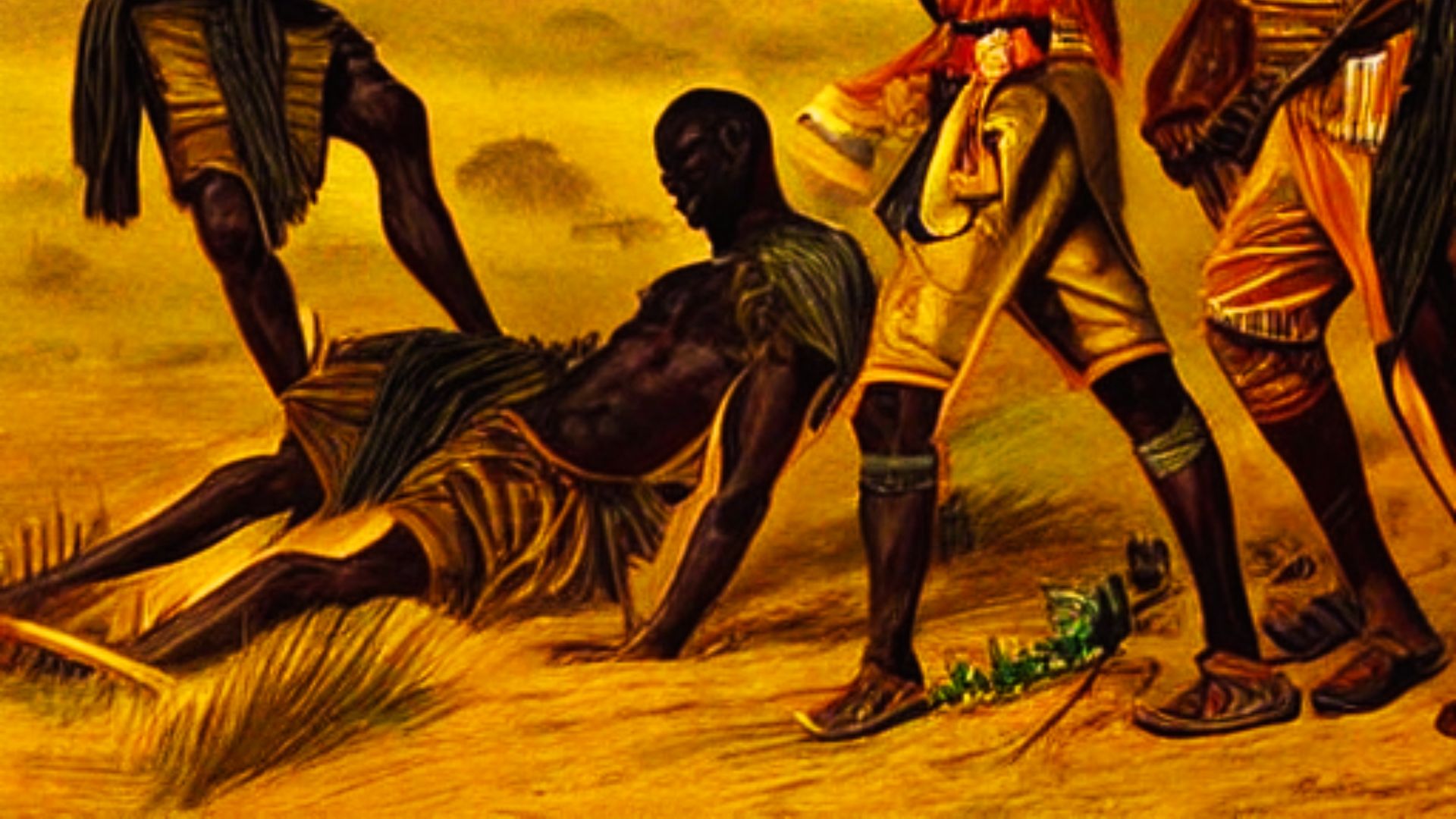The Luhya proverb oria omululu washio wayindira translated is: respect a fellow strong man to live longer. Join us to learn the meaning and let’s get better together. Be wiser by learning from simple, insightful moral sayings and counsel passed on from our forefathers.
In exploring the meaning of the Luhya proverb oria omululu washio wayindira, we not only get to know similar Luhya proverbs, but you’ll find inspiration for better living informed by honest morals and conscientious values drawn from Luhya culture.
Literal Translation: Oria omululu washio wayindira in English
Respect a fellow strong man to live longer
The moral and meaning of proverb
There’s an English saying common among strategists of any extraction, be it business strategists, political strategists or even military warfare generals; it goes as follows: “Do not fear your enemy but always respect them.” In the Bible, the book of Philippians 1:28 says: “Don’t be afraid of your enemies; always be courageous, and this will prove to them that they will lose and that you will win, because it is God who gives you the victory.”
[embedyt] https://www.youtube.com/watch?v=FNR9Ms2pkH8[/embedyt]While these two explanations about differ slightly, they both agree with the Luhya proverb “respect a fellow strong man to live longer”, one one key issue. They both uplift the word ‘respect’, or rather, they both degrade ‘fear’.
Respect is a rational choice that comes out of a clear assessment of the qualities of the other and then deciding to afford courtesy to this other. Fear on the other hand is an emotional response to a perceived threat. When you respect something or someone, you are in control. When you fear something or someone, the situation controls you. Fear is unpleasant. Respect is empowering.
By reminding us to chose respect as a strategy to deal with adversity, this African proverb helps us avoid a fatal flaw – the temptation to live in fear. Fear is paralyzing. It takes away the ability to act decisively to improve our lives and situations. On the other hand, respect is a better. It is a good strategy as it it allows us two things. First, it gifts us calmness of mind to weigh a situation with our strengths, weaknesses and the opportunities and threats. Second, as the book of Philippians reminds us, it helps confuse and instill fear in our enemy as they are left bemused by our courage. With our enemies afraid and confused, surely victory can only be ours.
Similar Luhya proverbs to oria omululu washio wayindira from across mulembe
Kindly note that some of the proverbs listed below maybe simply versions of oria omululu washio wayindira as it is said across the Luhya dialects. However, we do encourage you to explore the meaning of these variations to this proverb. This is because these slight differences that come out of translation sometimes bring out a whole new meaning. and may therefore help us in discovering interesting insights to Luhya culture and language.
(list coming soon)
Still craving more wisdom? Get educated and inspired by our growing collection of Luhya proverbs and sayings
Drawn from all over mulembe, these proverbs express deeply held beliefs shared by the different Luhya subtribes. Get to know more about this honest African culture famed for its love of peace, by combing through our library highlighted using the links below
- Which are the most popular Luhya proverbs? Want to know which Luhya sayings are trending, and are telling of the zeitgeist of the times? This and more in our dedicated page: Luhya proverbs and sayings
- Interested in Bukusu proverbs and sayings? Check out our page on Bukusu proverbs and sayings.
- Maragoli culture is rich and full of wisdom for modern living. Get to enrich your Lulogoli as you pick wisdom for everyday living from our growing collection in the page: Maragoli proverbs and sayings.
- Maybe you are interested in Abanyala proverbs and sayings to get your message across and spice things up when speaking Luhya? Find our growing collection in the page: Abanyala proverbs and sayings.
- Then there are those Luhya proverbs and sayings that have come about as a result of our experience of modern living inspired by the spirit of mulembe. These figures of speech have become so popular that they have become part of the modern Kenyan, East African and hopefully soon, everyday speech of the 21st century African. See of growing collection of: Contemporary Luhya proverbs and sayings.
Subscribe to Mulembe Weekly
Get culture, language, stories and discussions in your inbox every Friday 5 PM East Africa Time

